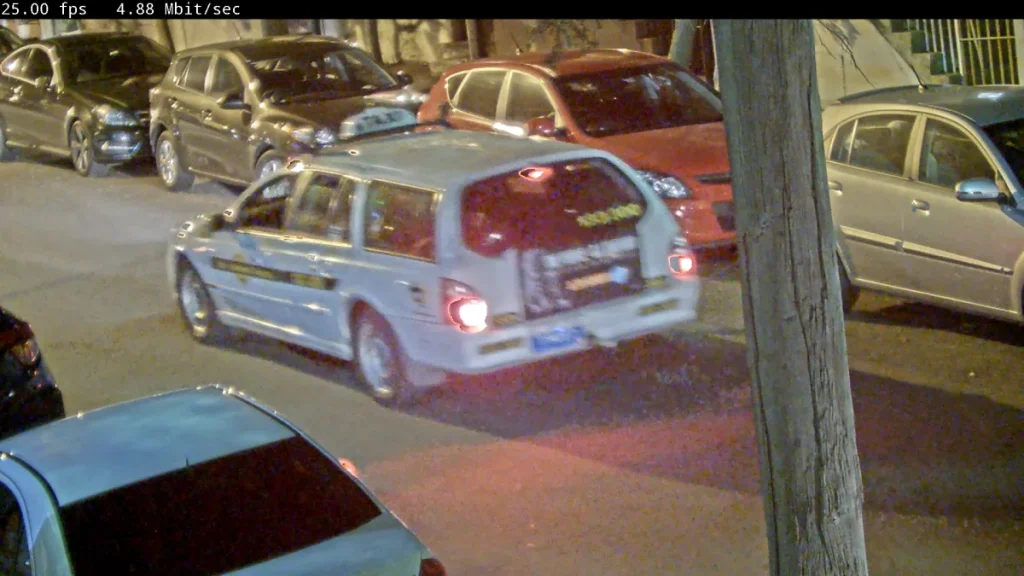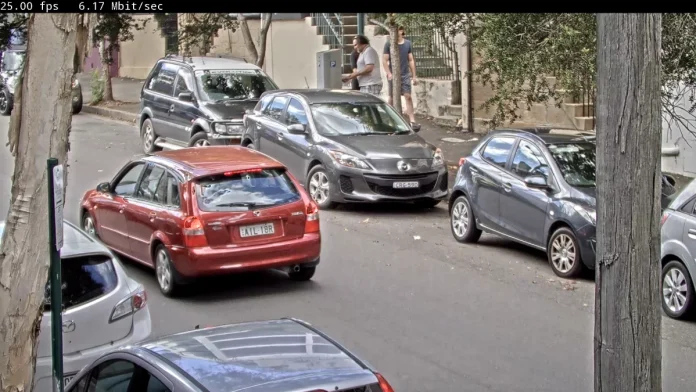Upscaled 4K Or Full HD CCTV Cameras?
Upscaled 4K Or Full HD – After reading your recent piece on upscaled 4K cameras, we wondered whether SEN would recommend us buying a 4K camera if we suspected the image stream was upscaled, or opting for 1080p?
A: We would argue that performance – latency, colour rendition, contrast, sharpness, WDR performance, low light performance – will all be superior using a 1080p camera with an image stream that is not upscaled – especially if you choose the right focal length for your application. It sounds very basic but there’s no point wasting pixels on parts of the scene that are of no operational value.
We’ve posted some 1080p images here that were taken using an optical focal length of around 10mm to show just how capable lower resolutions are at thoughtful focal lengths when compared to modern ‘4K’ cameras.
We’d argue 4K has become one of those catch phrases the CCTV industry is so prone to. But 4K is not magical – especially when it’s not really 4K at all. You would go with real 4k if you had a very big scene and a very wide angle of view. This combination of wide angle and high resolution would contrive to give you better depth of field – particularly in good light – securing faces and plates.
You’d also go with 4K if you had a fixed angle of view on a street scene and you highly valued and regularly used digital zoom to view details further in than 20-plus metres – that’s 4 clicks of a mouse wheel – you security operators know 4 clicks is a lot.
But there’s absolutely no point going with 4K if you are not using digital zoom, if you are not using 4K monitors, if you are not recording in 4K – if you are not using the resolution of 4K to deliver any operational benefit at all.

Upscaled 4K Or Full HD CCTV Cameras?
It makes even less sense to choose 4K if the camera you choose is simply upscaling a lower res image until it’s bloated into ‘4K’. Now you’re just straining the camera engine – especially when it’s faced with WDR and rapid movement – as well as softening the image, increasing latency and reducing lifespan through elevated camera temperatures.
Some of the best cameras we’ve tested – serious PTZs from Bosch, Dahua, Panasonic (it’s now i-PRO) and Hikvision, were not 4K at all. Instead, they had high quality 1080p sensors with large pixel sizes and were blessed with brilliant optics.
The Hikvision Darkfighter X PTZ (it was 4MP) is a case in point. It had a quality sensor, big pixels and quality optics. You can check out images from that beast of a surveillance camera here – note that the top image is 2000 metres from the lens at full zoom. Bosch’s 7000i PTZ is another super performer that does not have 4K resolution and is all the better for it – even at full wide.
When choosing from the latest CCTV cameras all the sensible old rules still apply. Look out for trudging shutter speeds in failing light, bizarre tone mapping artefacts, muddy WDR, weird blur effects, amplification swim in dark areas that takes you back to camera performance in 2014, etc. Also avoid performance vectors you don’t need or can’t/won’t use at the measly prices you are prepared to pay.
When it comes to CCTV cameras you really do get what you pay for – unfortunately, most people don’t want to pay very much. There’s an industry-wide operational cost that accrues from this collective decision that’s never going to be made up for by the cleverness of AI.
You can find out more about 4K here, or read more SEN news here.
“Upscaled 4K Or Full HD CCTV Cameras?”













Excellent review John. Very few people review cameras the way you do.